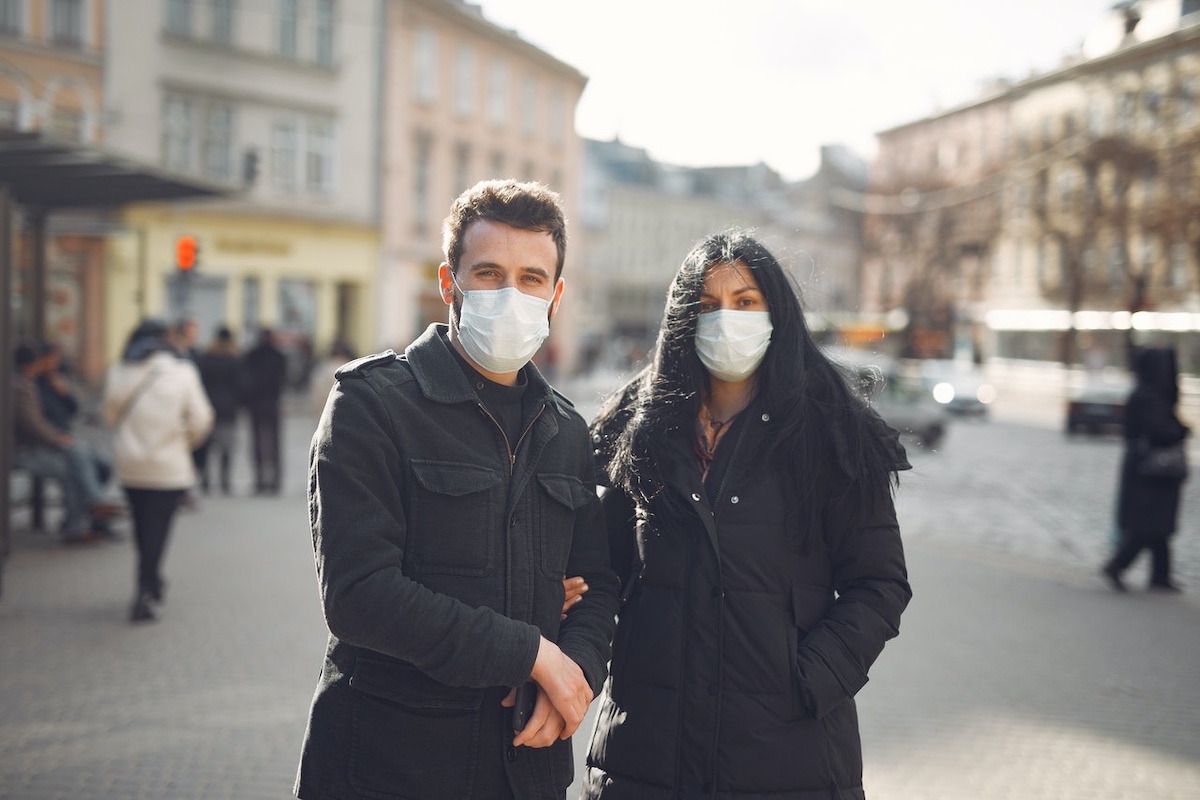In the aftermath of 9/11, there were events that occurred that few could have predicted. Beginning that day, and for several days after, blood banks were being replenished throughout the country. In fact, more blood was collected from healthy Americans during that period than was shed on that day. So many of us felt an overwhelming impulse to help. And donating blood offered an immediate and accessible way.
There were countless stories of ordinary people doing extraordinary — even heroic — things in the moment. And for people they did not know. There was an overwhelming feeling of vulnerability, coupled with a deep sense of community. This was bigger than any one of us. And, we were all in this together.
This solemn spirit was on full display at memorial services, sporting events, and virtually any large gathering in the weeks and months following that fateful day. We had survived something horrific. Something unthinkable. And, now it was time to rethink everything. Especially our own security.
Since Maslow places safety and security as the second most important drive for humans (behind our physiological need for air, water, food, etc), it’s no surprise that we devote enormous resources to providing security for ourselves and our families.
However, unimaginable events like 9/11, mass shootings, incurable diseases and pandemics are regular reminders that much of what we think of as secure, really isn’t secure at all. Or, that our security is temporary, at best.
That’s why community is so important. Strong communities of friends, neighbors, coworkers, team members and tribes of any kind serve to mitigate risks to our security. They enrich our lives and contribute to our personal health and well-being.
Communities enhance our sense of purpose. They allow us to be generous, and to benefit from the generosity of others. Whether it’s knowledge-sharing, shared celebration, collective mourning, or simply borrowing some folding chairs from a neighbor, these interactions strengthen the bond of friendship and provide a heightened sense of belonging.
Whether or not security is a primary driver for you at the moment — frankly, who among us isn’t focused on security right now? — strengthening your connections and sense of community in as many places as possible could provide the added boost of resiliency necessary to get you through this and other challenges ahead.
Tech communities provide potentially rich ecosystems for sharing insights, support and data, and for reframing questions that could lead to new products and services. Tech communities can provide socially valuable environments that invite play as a means to inspire fluid ideation, personal connections and collaborative problem solving.
Tech communities have the potential to shape and improve the lives of millions of people. Many in the tech industry feel that sense of possibility — of purpose. And for many, that purpose drives them to openly share ideas and creatively explore new approaches that could lead to breakthrough products and services.
You don’t have to be an extrovert or the life of the party to be an essential part of any community. You just have to show up, be present and participate.
Extreme challenges bring out the best in people. I have no doubt that the crisis we’re in at this moment will ultimately strengthen relationships and communities the world over. Start by taking stock in the communities you’re a part of right now. Lean into your existing communities. If necessary, start a new one. You’ll likely feel an immediate sense of belonging and overall satisfaction. Reconnect with a community that hasn’t heard from you lately. There’s never been a better time to connect with people, because there’s never been a greater need.

This guest post is a part of Technical.ly's Community Building Month of our editorial calendar.
Before you go...
Please consider supporting Technical.ly to keep our independent journalism strong. Unlike most business-focused media outlets, we don’t have a paywall. Instead, we count on your personal and organizational support.
3 ways to support our work:- Contribute to the Journalism Fund. Charitable giving ensures our information remains free and accessible for residents to discover workforce programs and entrepreneurship pathways. This includes philanthropic grants and individual tax-deductible donations from readers like you.
- Use our Preferred Partners. Our directory of vetted providers offers high-quality recommendations for services our readers need, and each referral supports our journalism.
- Use our services. If you need entrepreneurs and tech leaders to buy your services, are seeking technologists to hire or want more professionals to know about your ecosystem, Technical.ly has the biggest and most engaged audience in the mid-Atlantic. We help companies tell their stories and answer big questions to meet and serve our community.
Join our growing Slack community
Join 5,000 tech professionals and entrepreneurs in our community Slack today!

The person charged in the UnitedHealthcare CEO shooting had a ton of tech connections

The looming TikTok ban doesn’t strike financial fear into the hearts of creators — it’s community they’re worried about

Where are the country’s most vibrant tech and startup communities?



